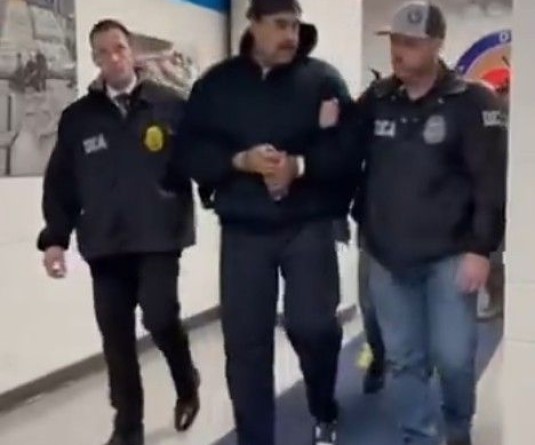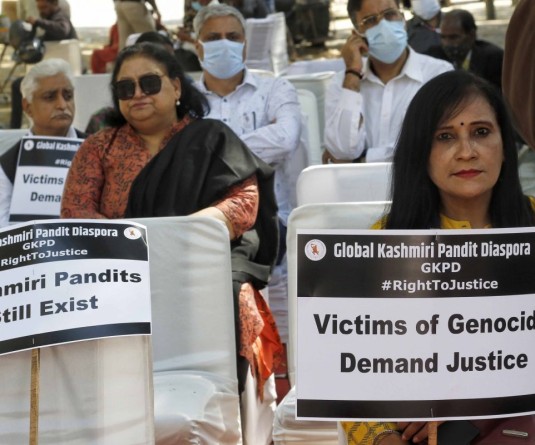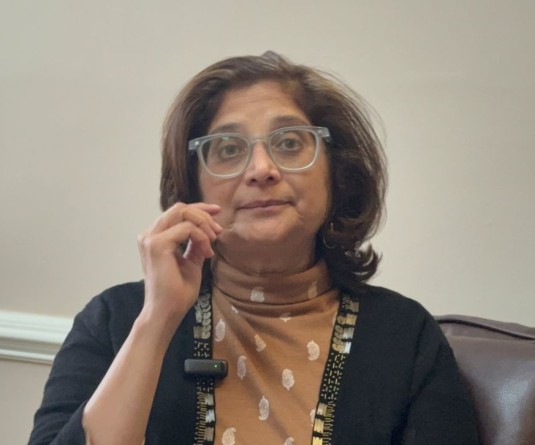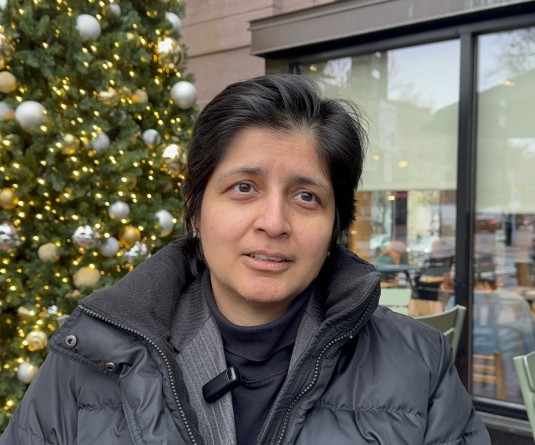Quantum boost for Indian languages at Tagore International Literature & Arts Festival
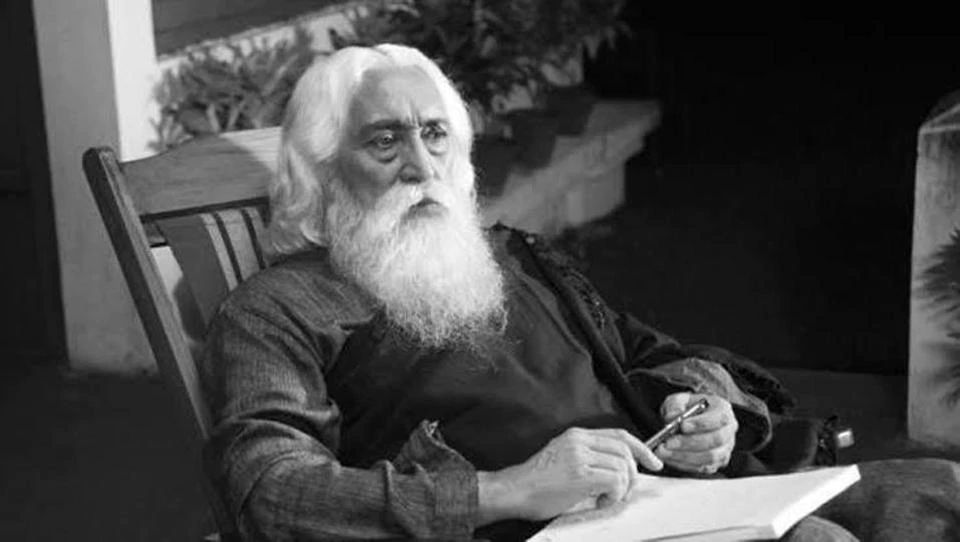
By Vishnu Makhijani
New Delhi, October 29 (IANS) It's named after the Nobel laureate but the Tagore International Literature & Arts Festival in Madhya Pradesh capital Bhopal next month will not only be a celebration of the poet but also of Hindi and other Indian languages - and could some day bring global languages within its fold, its organisers say.
"Rabindranath Tagore has a presence across art forms like literature, Rabindra Sangeet and theatre but his work is less known in Hindi speaking regions of India. Through this Festival, we want to celebrate Tagore and his work," Festival Co-Director Leeladhar Mandloi told IANS.
"Another major focus of the Festival is on Hindi and Indian languages. In this digital era, we want to expose the youth of our country to books and provide them with an opportunity to interact with contemporary Indian language writers, artists and painters.
"Since art is meant to bring people closer to different cultures, we decided to focus on connecting the local with the global through our Festival. We have started with Indian languages and further intend to bring global languages into the fold as we expand the reach of the Festival," explained Mandloi, a poet, critic, writer, filmmaker and a former DG of AIR and Doordarshan, who is associated with the creative and conceptual postulation of the Festival.
Mandloi, who has also served as as Director of Bhartiya Gyanpeeth and the Editor of its Naya Gyanodaya literary monthly, noted that since the majority of art and literature festivals in India are commercial in nature and focus on English and popular trends, "we wanted to create a completely non-commercial festival that would showcase the richness of the traditional Indian arts, culture and literature".
"Therefore, we did not look for any sponsors and this will be one of those rare festivals where nothing is being charged from either the participants or the visitors," he added.
The Festival (November 7-10), organised by the Tagore International Centre for Arts and Culture, housed under the Bhopal-based Rabindranath Tagore University (RNTU), will bring together 500 artists and authors from over 30 nationalities. Isn't four days too short to accommodate such a large gathering?
"The Festival is, in fact, a 7-day event with three days on Tagore and four days of literary sessions. The Literature Festival, which will have 60 sessions involving 300 authors and artists over a period of four days, will be a proper balance between academic and popular sessions," explained Santosh Kumar Choubey, the Festival Director and Chancellor of the Rabindranath Tagore University.
And, to keep the youth engaged, there will be sessions during the day involving actor Ashutosh Rana as well as poet and lyricist Irshad Kamil. Bands like Raghu Dixit Project, Kabir Cafe and Mehfils like Sukhan will performing.
The Tagore introspective, which will take place November 4-6, which will involve the remaining authors and artists.
"During the Festival, we will also be releasing 'Kathadesh', which is an encyclopedia of 18 volumes covering around 630 best Hindi short stories over the last 200 years. Around 100 contemporary writers who have contributed to Kathadesh will also be attending the Festival," Choubey.
Is there any linkage with Vishwa-Bharti, the university that Tagore founded?
"Vishwa-Bharati is providing the background on Tagore and we have borrowed paintings and images of Tagore from them. The National Seminar on Arts (a part of the Festival) draws its strength from Viswa-Bharati and the Bengal School of Paintings. Moreover, Usha Ganguly will be performing her play Chandalika and Pilu Bhattacharya will be performing on the Rabindra Sangeet and its impact on Indian film music," Choubey explained.
Will the festival be an annual event? "Yes, it is certainly going to be an annual event though there can be various dimensions in which it might take shape such as 2-3 editions in different locations. The global network which is going to emerge after this Festival will be expanded through continuous dialogue with the universities, world poets and NRIs who will participate in the Festival," Choubey said.
Responding to another question on what prompted locating the Rabindranath Tagore University in Bhopal, he said: "Bhopal is a place where the rural, the urban and the tribal cultures meet and where we have a place like the Bharat Bhawan (cultural oasis in Central India). While there is an ongoing debate in the Indian educational circles around the focus on science and technology for students, we feel that in order to make our students well-rounded individuals, there is a need for cultural infusion in the curriculum in universities.
"Therefore, we decided to create an interdisciplinary centre within RNTU that could look into arts, culture, music, theatre, drama and films and cut across various genres for the benefit of the students and the general public at large. Our exposure to prominent art and cultural centres like the London Shakespeare Centre and the Tagore Centre in Holland helped us establish such a centre in Bhopal.
"Apart from organising festivals such as the Tagore International Literature & Art Festival, through this Centre we will be collaborating with international and national universities for projects related to history of arts, short stories and literature in India," Choubey concluded.
(Vishnu Makhijani can be reached at vishnu.makhijani@ians.in)


